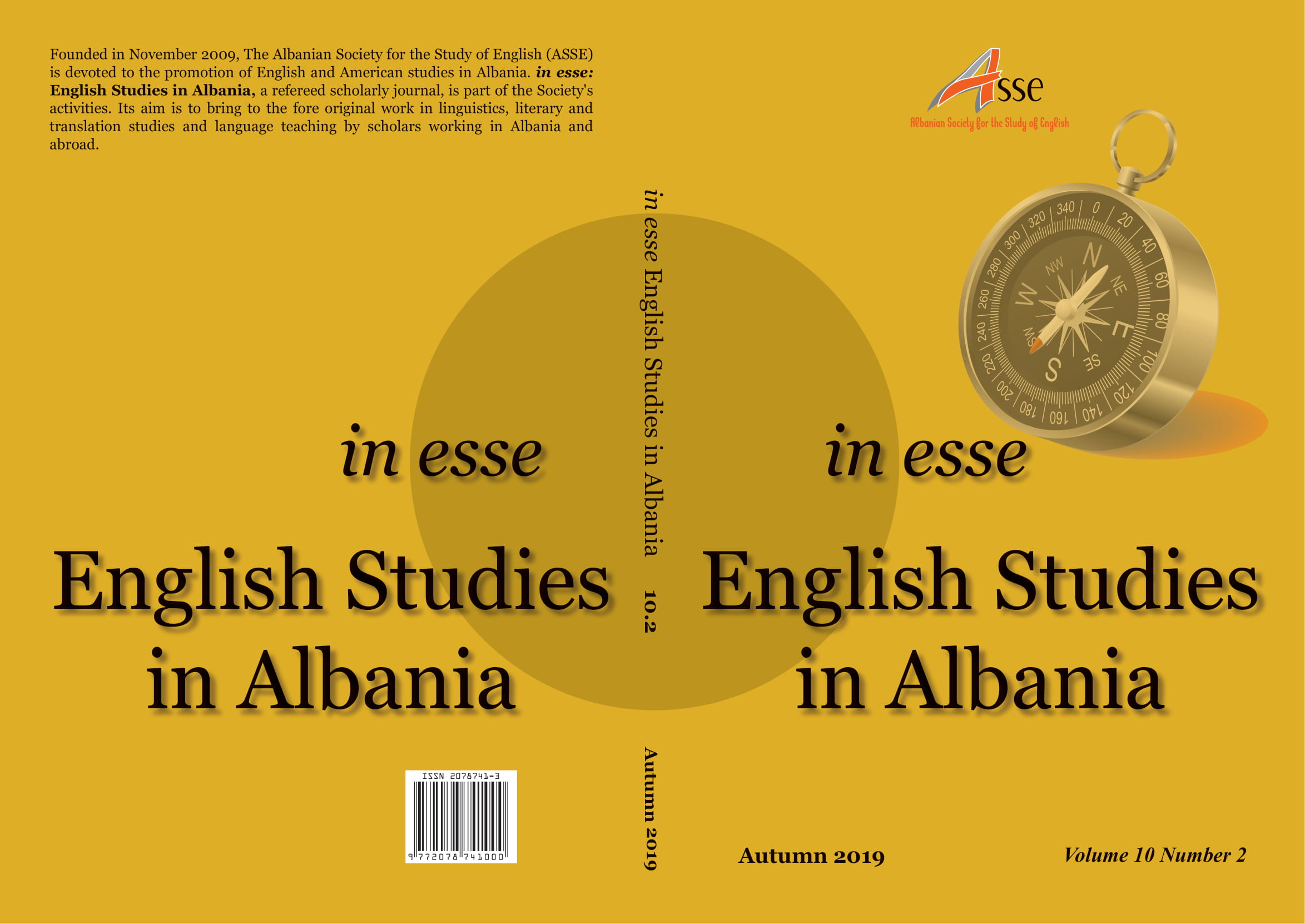The Fugitive Kind (1959): A Film Portrayal of Tennessee Williams’s South
The Fugitive Kind (1959): A Film Portrayal of Tennessee Williams’s South
Author(s): Vesna Tripković-SamardžićSubject(s): Language and Literature Studies, Film / Cinema / Cinematography, American Literature
Published by: Albanian Society for the Study of English
Keywords: play; film; adaptation; authorship; intertext;
Summary/Abstract: This paper examines the transformation of Tennessee Williams’s play Orpheus Descending (1957), into a film medium. The Fugitive Kind (1959), a film adaptation by Sidney Lumet, is analysed in light of recent theory on adaptation as intertextual dialogism and film as a collaborative process by which the literary original is filtered through the vision of the film director and other filmmakers who, each in their own way, adapt literary work. The paper shows how the profitable material of the most popular American playwright of the fifties (a realistic portrayal of the victory of brutality in the South) was transformed into a demystified reading of the myth of Orpheus in which we find the “echoˮ of the themes typical of the director's opus dominated by male protagonists. The collaborative work on the script, the distinctive dark tone of the film created by the director of photography Boris Kaufman, as well as the actors' personae (Marlon Brando and Anna Magnani), which form an integral part of the film’s intertextuality, further complicate the question of authorship, which all points to the conclusion that the film should be interpreted and evaluated as an autonomous work of art and not just as a replica of the literary source.
Journal: in esse: English Studies in Albania
- Issue Year: 10/2019
- Issue No: 2
- Page Range: 67-84
- Page Count: 18
- Language: English

